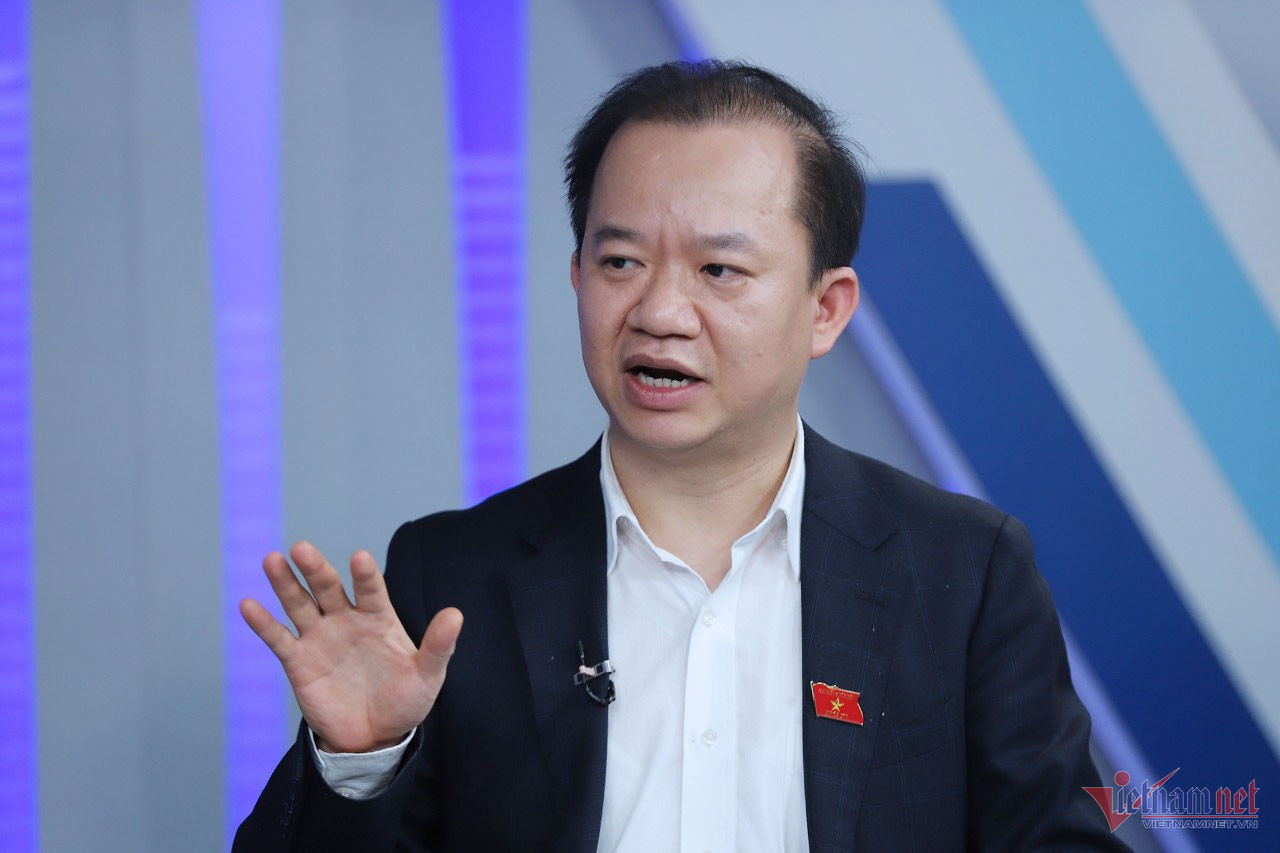
The draft decree on managing, providing and using the internet and information on social networks sets higher sanctions on celebrities who engage in deviant speech and behaviors. What would you say about the decree?
In my opinion, freedom of speech is the right of everyone and it must be respected. However, it must be implemented in a responsible way. The statements by public figures, including artists, have a big impact on society, so their speech must be put under stricter control to avoid the spread of misinformation and misunderstanding.
The deviant behavior needs to be clearly defined in the decree to be sure that all punishments are fair and reasonable. Establishing balance between freedom of speech and preventing the spread of harmful content online is extremely important.
Online deviant behaviors could be the dissemination of fake or untrue news, insults, threats, violence incitement; discrimination of gender, religion, race and personal characteristics. These may affect the fame, reputation and rights of other people, and cause harm to the psychological and mental health of readers or information receivers.
Online deviant behaviors may need to be specified in the laws to protect the netizen community from damages and to ensure a safe and healthy environment for all people.
People and state management agencies agree that it is necessary to impose heavy sanctions on celebrities who spread indiscriminate, wrong information, and advertise products with inaccurate information on social networks. Some of them have suggested boycotting the violators. What do you think about this?
The artists’ deviant behaviors and spreading of wrong information on social networks is really a serious problem that needs stricter control by appropriate agencies. Celebrities’ influence on ordinary people, especially youth, is enormous, so celebrities’ deviant behaviors will affect consumers’ health and benefits.
I advocate the ‘boycott’ solution. However, I believe that boycotting, or putting violating artists on a blacklist is not the only effective solution and it is needs thorough consideration. Instead, there must be specific sanctions to deter and prevent violations on social networks.
The solutions could also be imposing heavier administrative fines, revoking rights or reducing followers on social networks, forcing them to remove and correct inaccurate information. At the same time, it is necessary to increase education and clarify artists’ responsibilities in spreading wrong information via social networks. Also, it is necessary to heighten the awareness of the possible impact of this information, thereby helping them conduct more positive and accurate online behaviors.
In general, appropriate agencies need to thoroughly consider establishing regulations and sanctions in a way to ensure fairness and efficiency, and not affect other people’s interests as a principle of freedom of speech. The policies and regulations need to be applied consistently in order to build a safe, reliable and positive online environment for all people.
There are many KOCs (Key Opinion Customers) and KOLs (Key Opinion Leaders) on social networks, and when they run livestreams, they can attract hundreds of thousand of viewers. To some extent, they are even better known than celebrities. Do you think that the concept ‘influential persons’ is too broad to be covered by the draft Law on Advertisement compiled by the Ministry of Culture, Sports and Tourism (MCST)?
Yes, I do. Noticing the difference between KOLs and KOCs in the media and the marketing sector is becoming increasingly complex, especially with the strong development of social networks.
While KOLs are mostly individuals or famous persons who have large influence among the netizen community, KOCs are normal people, but they have large amounts of followers on social media.
To determine who are KOLs and who are KOCs, it is not only necessary to consider the number of followers, but also the interaction level, the real influence and the authenticity to the community. Though some KOCs may have millions of followers and they create strong dissemination among the netizen community, their quality of influence will still need thorough consideration.
Regulations need to be built on objectivity and transparency to be sure that only those who have real influence and prestige can be recognized.
As such, differentiating KOLs from KOCs, as well as determining influential persons, has become a challenge in the modern media world.
Tinh Le